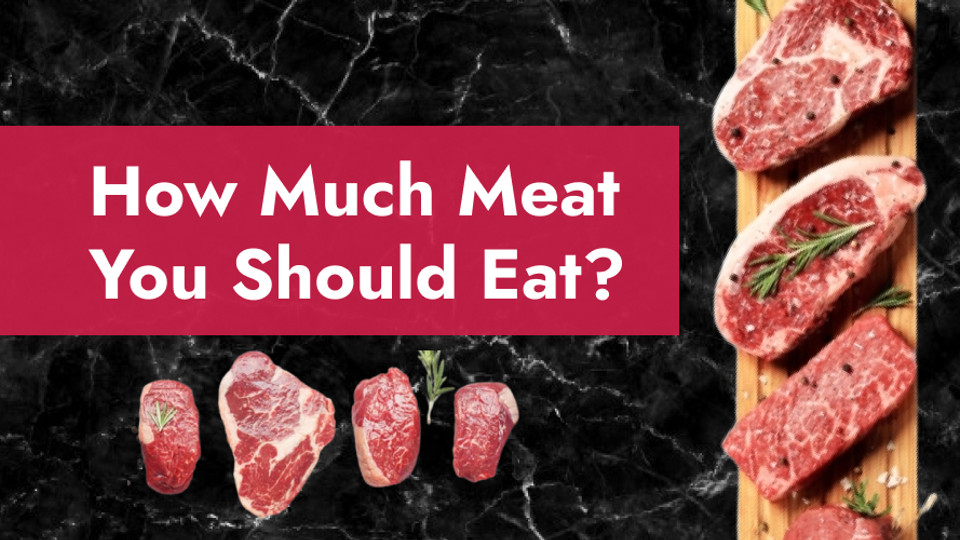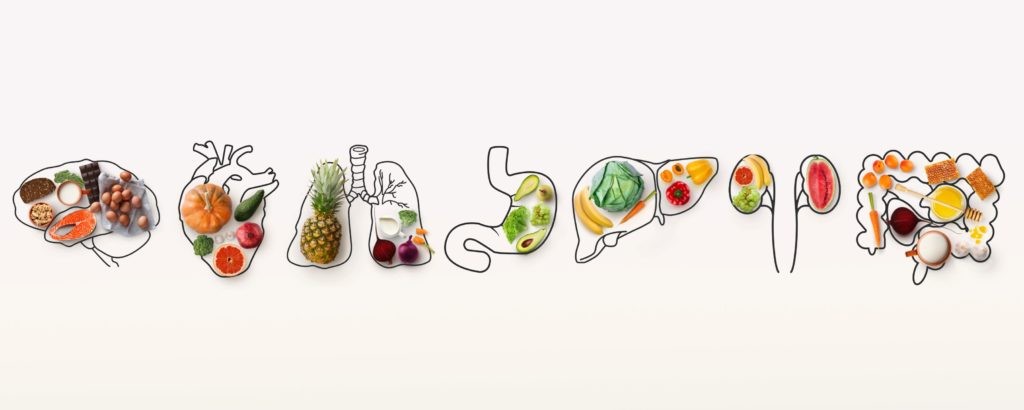
There’s been a lot of beef and mixed messages about beef in recent years.
On one hand, there are studies highlighting the link between excessive red meat and processed meats with cancer. On the other hand, there are researchers arguing that
Which Animals Count As Red Meat?
List of Unprocessed Meat:
Benefits of Unprocessed Red Meat
- Good source of lean protein with all the essential amino acids (muscle-building blocks)
- Rich in iron which is particularly important for athletes, adolescent and adult women, athletes,
- High in zinc which plays an important role in immunity, cell growth, wound healing, protein synthesis, and a sense of smell and taste.
- A great source of Vitamin B12. It is essential for healthy red blood cells and nerve cells.
Disadvantages & Health Risks of Unprocessed Red Meat
- Unprocessed red meat is associated with a higher risk of coronary heart disease. This link does not differ according to BMI (which means that regardless of weight, this link occurs).
- This risk of coronary heart disease was lowered by replacing red meat with plant-based protein including legumes and beans, nuts, soy, dairy and whole grains.
- For every extra 100g intake of red meat, there was a 19% higher risk of developing ischaemic heart disease. However, substituting the same calorie amount of meat for fatty fish, eggs, yogurt, or cheese resulted in a 15-24% lower risk of ischaemic heart disease.
Recommended meat intake per person per day
The Heart Foundation recommendations highlight that:
- Unprocessed meat can be included within a healthy diet as a good source of protein, but there should be a preference for fish, legumes and beans as main sources of protein.
- A maximum of 350g of cooked unprocessed meat should be included per week. This is the equivalent of 1-3 meals with meat in it per week.
- The Cancer Council has a slightly higher maximum intake, suggesting that individuals not exceed 455g of lean, cooked red meat. This aligns with the Australian Dietary Guidelines that recommend 65g of lean, cooked red meat daily. *
- Highly processed meats should be avoided and is not included within this 350g/week recommendations. Highly processed meats include ham, bacon, salami and sausages.
Note: 65g cooked, lean red meat is the equivalent of 90-100g raw red meat, as meat loses about 30% of it’s weight during cooking.
How Much Red Meat Per day In Grams Is Safe?
Ideally, for the general population 75-100g of cooked meat is safe to consume per day, up to 3 days per week.
This is much higher for individuals who have low iron levels or high iron needs.
How Much Red Meat Does The Average Australian Eat Per Week?
On average, Australians have a daily intake of about 152g of cooked fish and seafood, poultry, beef, lamb, pork, poultry (chicken and eggs) and processed meats. [1] Almost 40% of that is from lean, red meat (57g per day). That is within the Australian Dietary Guidelines, however, one of the main concerns is that Australians intake of processed meat is too high. In fact, Australian adult men have over 100g of processed meats per week despite guidelines suggesting to minimize and avoid processed meats where possible. [2]
Why Is Processed Red Meat So Bad For You?
Processed red meat carries a high risk of colorectal cancer with just 50g of processed meat per day causing a 16% higher risk of colorectal cancer.

Red Meat Heart Disease Myth
While the link between red meat and heart disease is not a myth, it is evident that unprocessed meat has the strongest link to cardiovascular disease. The most important takeaway from this article is to: reduce your intake of processed meats as best as you can to help protect your heart.



